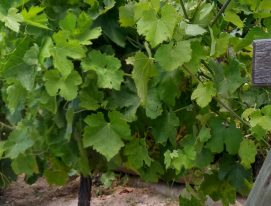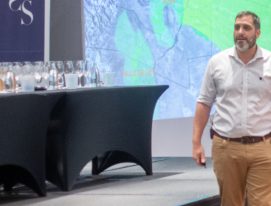For the Argentine viticultural industry, sustainability is no longer just a luxury or means of attracting specific markets. Convinced that it is the best way to produce world class wines and safeguard that production for future generations, more and more wineries are either changing their practices or simply reframing their existing methods with a focus on sustainable viticulture in three key areas: the environment, society, and the economy.
Sustainable viticulture
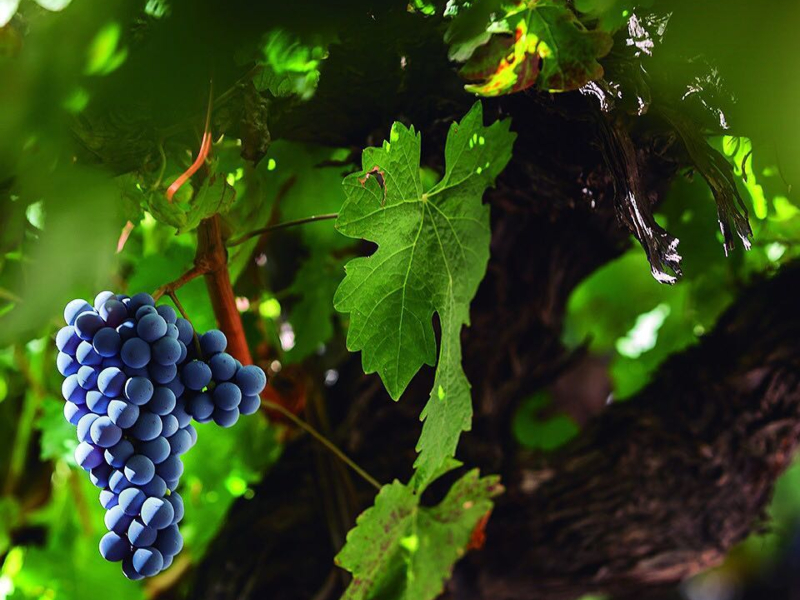
There are examples of sustainable viticulture across the country. It begins with the environmental aspects, which involve direct action in the vineyard such as the implementation of organic and regenerative methods, two movements that are expanding rapidly in Argentina.
However, it also involves other measures such as monitoring an institution’s carbon footprint and energy use. In June 2023, Bodega Trivento obtained Renewable Energy Certificates (REC) that cover 100% of their energy use across their facilities.
“Over the past 5 years we’ve experienced exponential growth and everyone in the company is well aware of our objectives with regard to sustainability. When we take a decision, it’s no longer a question of how much it costs, now we assess its social and environmental impact,” says Mercedes Álvarez, Assistant Manager of Sustainability at the winery.
Jorge Romero, the Agricultural Engineer at Bodegas Etchart, says that use of water is key: “Preserving water and using energy efficiently are two fundamental variables. It’s very important to implement drip irrigation across the entire vineyard as it significantly improves the efficiency of our water use.”
Luis Reginato, the Vineyard Director at Catena Zapata, a winery that pioneered sustainable viticulture in Argentina, says, “We can improve in every area but water use is one of the most critical issues. Improvement requires investment and often it’s beyond the means of one company on its own.”
Social and economic impact
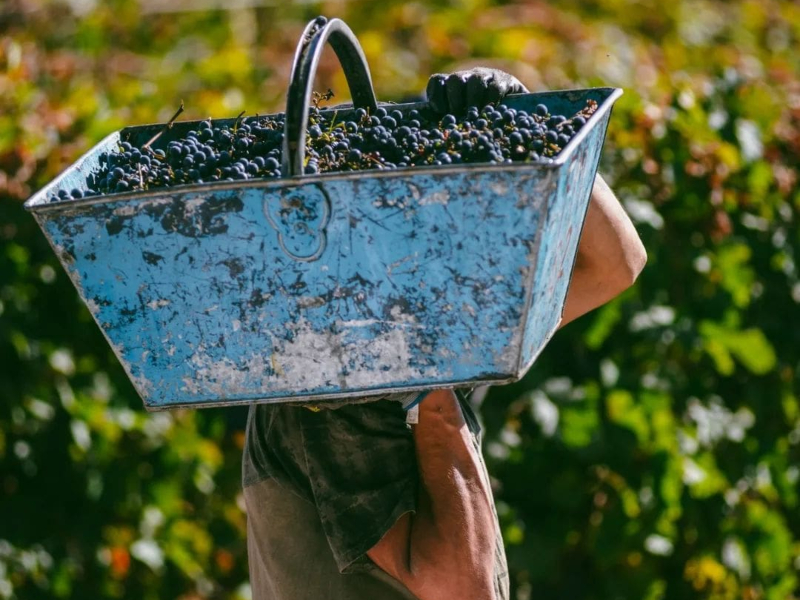
Wineries can have a major impact on the development of their local community in many different ways. These might include educating their staff, forming partnerships with local schools, work in the cultural sphere or building ties with local producers, to mention just a few.
Terraza de los Andes runs an internal Social Business Responsibility Program called Enterprise for the Future, a pillar of which is training and professional development, which includes support programs for those who didn’t complete their primary or secondary school studies and FONBEC grants for third-party partners and their families.
Peñaflor and Bemberg Estate, in association with the Fundación Pescar and the Fundación Bemberg, work with a secondary school in Gualtallary to run a training center for young people in the community that provides them with the tools to join the workforce, combining training with classes in soft and technical skills, vineyard management, security and hygiene and human resources, to name just a few.
The winery Santa Julia runs a pair of cultural centers (Centro Cultural Maipú and Centro Cultural Santa Rosa) which have their own kindergarten, gymnasium, Secondary School Education Center and sewing workshops.
On the economic side, a stand out program is Fair Trade, for which Grupo Avinea; La Riojana Cooperativa; Finca La Celia; Montlaiz; Bodega Alta Vista; El Esteco and Marañón all have certification, making Argentine wine the country’s leading Fair Trade product.
A boost in international markets
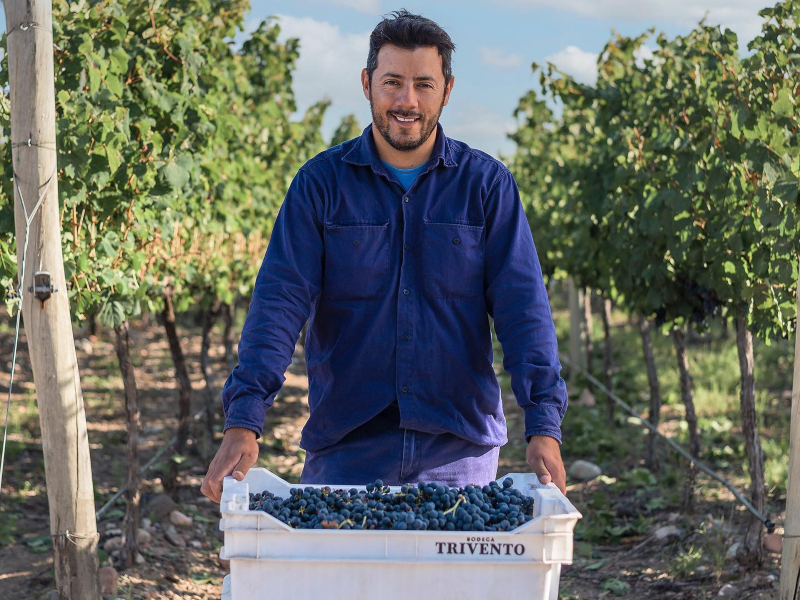
According to information provided by Bodegas de Argentina (BdA), a chamber of business with 200 members across the country, in 2023, 172 institutions; wineries and vineyards, have been certified in their Sustainability Protocols in Mendoza; San Rafael; Salta; San Juan; Neuquén and Río Negro, with nine more joining this year.
The certification program began in 2015 with a single institution (2022 was the year that saw the most growth with 58 new additions). Little by little its popularity among producers grew, the protocols were refined and although it is a domestic certification, it has been recognized by some of the most demanding international markets in that regard such as Scandinavia and more recently the Québec Alcohol Society (SAQ) in Canada, thanks to a partnership with WofA.
How does the process work? Each winery and vineyard must carry out a self-assessment of their entire winemaking and winegrowing process, internally or via external consultants. Once they believe that they meet the criteria, they must choose an official certification company, ideally one recognized in overseas markets. These companies carry out an audit and inform BdA of the results. The institution then issues a certificate that authorizes the use of the logo, which is in turn certified by the INV.
The goal is for as many wineries to obtain sustainability certification as possible. For instance, Wines of Argentina is running several programs to incentivize sustainable, diverse and inclusive viticulture such as “Sustenta-Vitis”, a comprehensive sustainability program for Argentine Wine developed through AL-INVEST Verde with financing from the European Union.
Another program is “WofA Sustenta” which offers economic incentives to small wineries to complete the organic certification process in the hopes that the project can be scaled up and expanded in the future. There’s also “WofA Recupera”, which promotes the re-use and upcycling of waste, “WofA Concientiza”, which promotes good practices and communication campaigns, and “WofA Innova”, an innovation competition.
The importance of certification
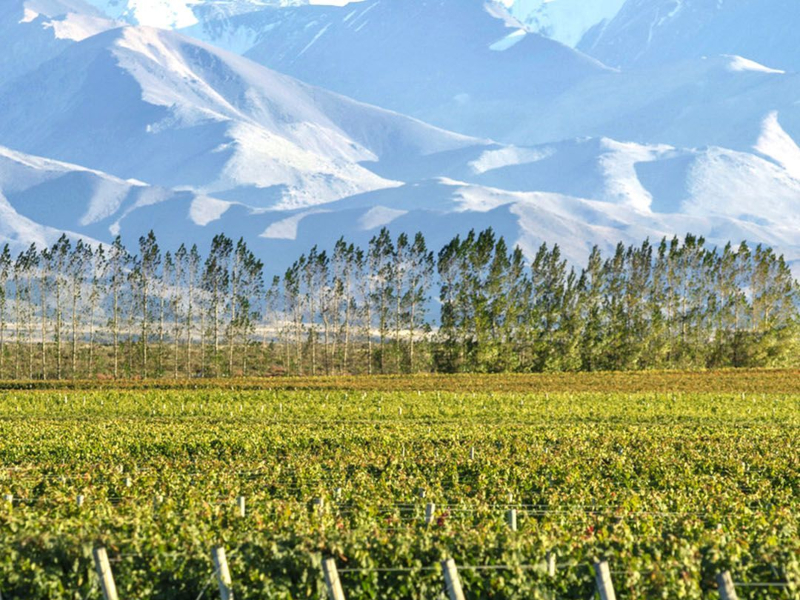
Several different sustainability certifiers are now working with wineries in Argentina: they include Letis, Oia and Ecocert. Silvina Arias, CRO at Ecocert Argentina, explains that in the sphere of sustainability they carry out assessments for the ROC (Regenerative Organic Certified), and Fair for Life, For Life programs and the Bodegas de Argentina protocols. Certification is a passport to international markets such as Sweden, Finland and Norway. “There has been an increase in interest from wineries. They’re not just asking for organic certification but sustainability programs too,” she says. “Sustainability is a larger concept that in addition to environmental factors also includes social considerations. Consumers are getting more and more involved, there’s significant demand for sustainable wines.”


